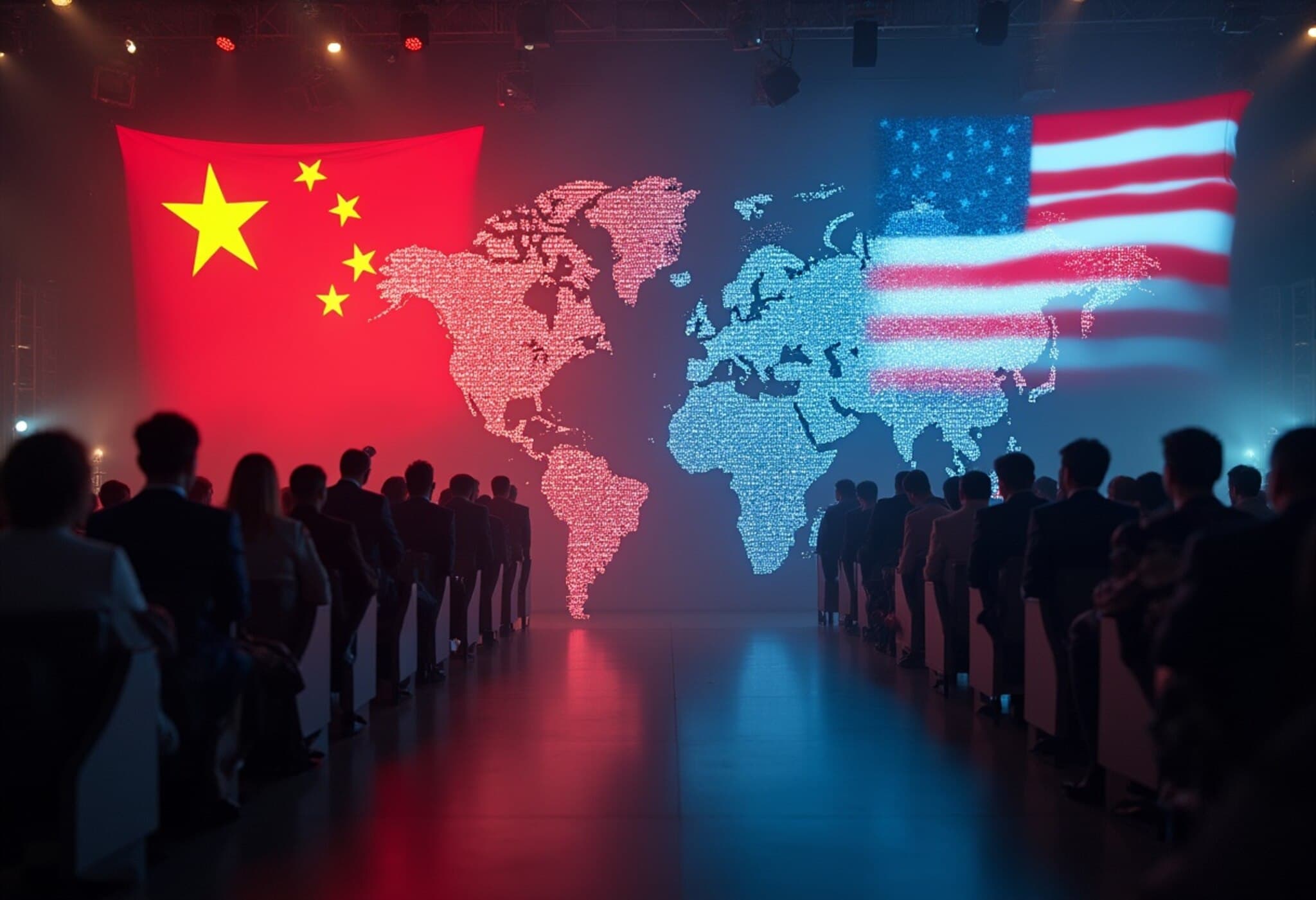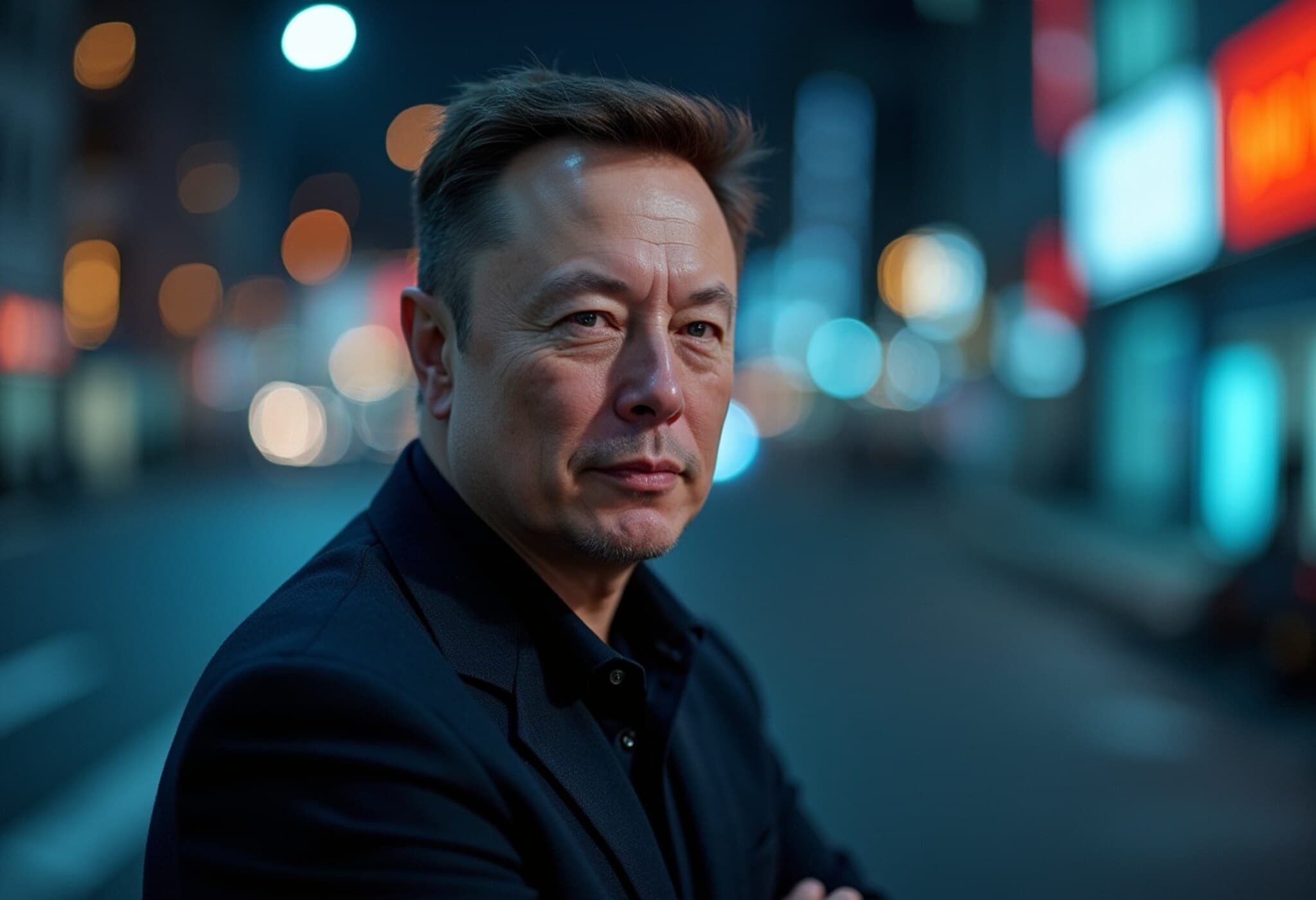Cognition Expands AI Footprint by Acquiring Windsurf Following Google's High-Profile Recruitment
In a dramatic move emblematic of the fierce competition shaping today’s artificial intelligence industry, AI startup Cognition announced on Monday its acquisition of Windsurf, a promising AI coding company. This comes just days after Google secured a headline-grabbing deal to recruit Windsurf’s co-founder and CEO, Varun Mohan, along with several other senior employees, underscoring an escalating battle for AI talent among tech giants and innovators.
The Windsurf Acquisition: Strategic Moves Amid an AI Talent Chase
Cognition’s purchase of Windsurf encompasses the startup’s intellectual property, products, trademarks, brand, and its talented workforce. Although the financial details remain undisclosed, the acquisition marks a pivotal consolidation in the AI developer ecosystem, one fueled by the scramble for top-tier expertise and next-generation technology.
Only days earlier, Google made waves by announcing the recruitment of Windsurf’s leadership team—including Varun Mohan—in a licensing agreement valued at $2.4 billion. This deal involves licensing fees and compensation designed to secure premium talent and leverage Windsurf's innovations.
OpenAI’s Near-Miss and the Broader AI Ecosystem
Interestingly, OpenAI had previously engaged in acquisition talks with Windsurf around April, aiming to expand its capabilities; however, those negotiations ultimately collapsed. The ebb and flow highlights the cutthroat nature of AI innovation, where strategic acquisitions and talent recruitment can pivot rapidly.
What Cognition’s CEO Says
Scott Wu, CEO of Cognition, sought to reassure both Windsurf’s existing and new employees about their standing in the merged entity. In a memo, he emphasized the company's commitment to transparent and respectful treatment of all team members, promising accelerated vesting schedules and financial participation for Windsurf employees to recognize their contributions fully.
"Every new employee of Cognition will be treated the same way as existing employees: with transparency, fairness, and deep respect for their abilities and value," Wu noted. "After today, our efforts will be as a united and aligned team. There's only one boat and we're all in it together."
Understanding the Stakes: The AI Talent War and Regional Implications
As AI startups like Cognition and Windsurf gain massive valuations (Cognition was last valued at close to $4 billion in March following a multi-hundred-million dollar funding round), competition is intensifying. Backed by high-profile investors such as Peter Thiel's Founders Fund, Kleiner Perkins, Greenoaks, and General Catalyst, these companies represent key battlegrounds for technological supremacy.
From a U.S. policy and economic perspective, these strategic hires and acquisitions underscore ongoing concerns about AI talent retention amid global tech rivalries. The flow of AI expertise could influence America’s leadership in AI ethics, innovation, and national security applications. Additionally, protecting intellectual property while fostering collaborative growth remains a delicate balance for startups navigating rapid expansion.
Looking Ahead: The Future of AI Development and Workforce Dynamics
Windsurf’s technology—particularly its AI coding agent designed to accelerate software development—signifies the growing demand for tools that enhance human productivity in tech. Cognition aims to leverage this talent and IP to deepen its foothold in AI-driven software engineering.
As the AI sector continues to attract vast investment and talent, one critical question remains: How will companies foster inclusive, sustainable innovation without burning out talent or stifling competition?
Editor's Note
This acquisition is not just about corporate growth; it reflects wider currents transforming the AI landscape. Beyond headline-dollar deals, the underlying narrative is about people—bright minds navigating complex, fast-moving fields under immense pressure. Will the AI industry manage to harmonize rapid innovation with ethical workforce practices and national interests? As Cognition and Google expand their teams, stakeholders must watch how these dynamics shape the future of AI development globally.












